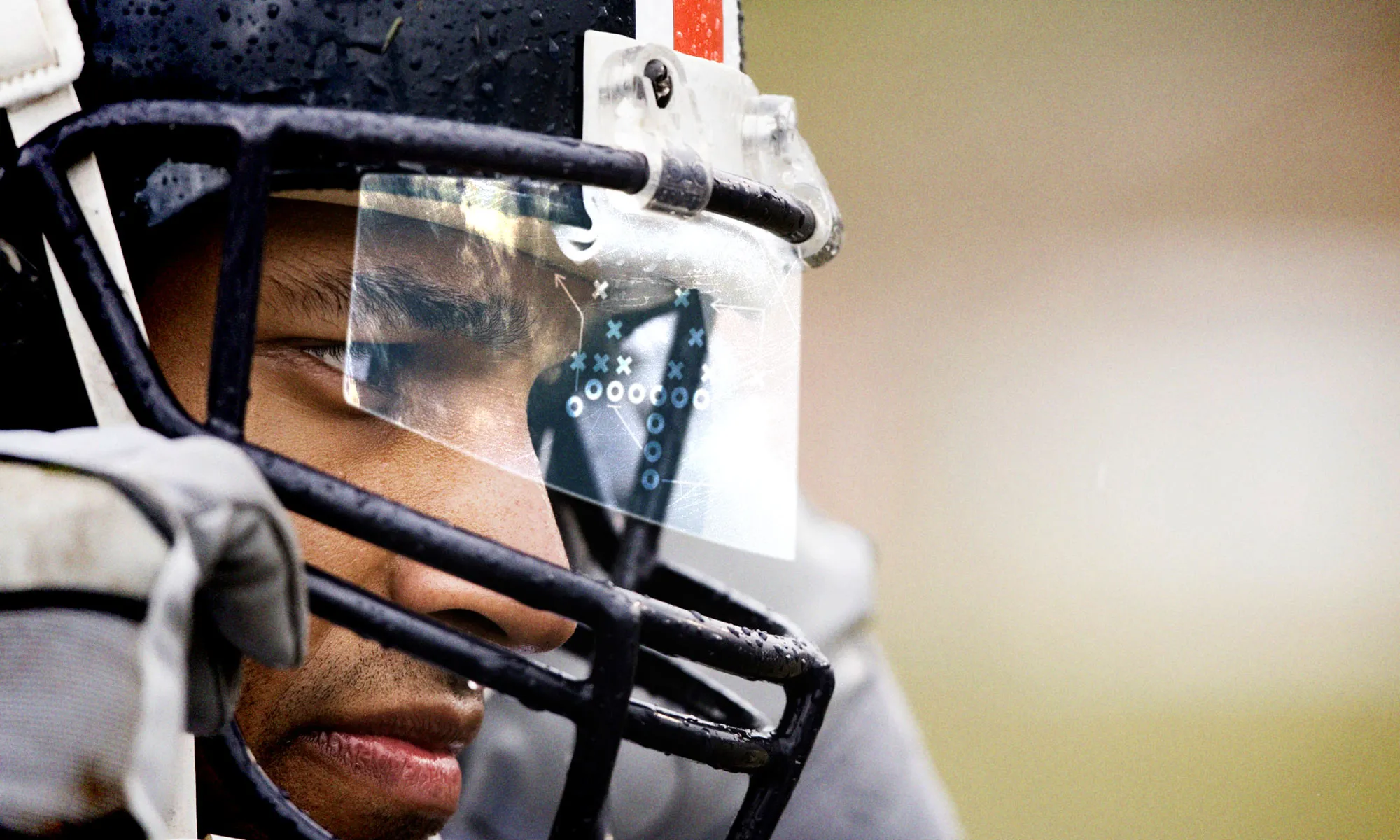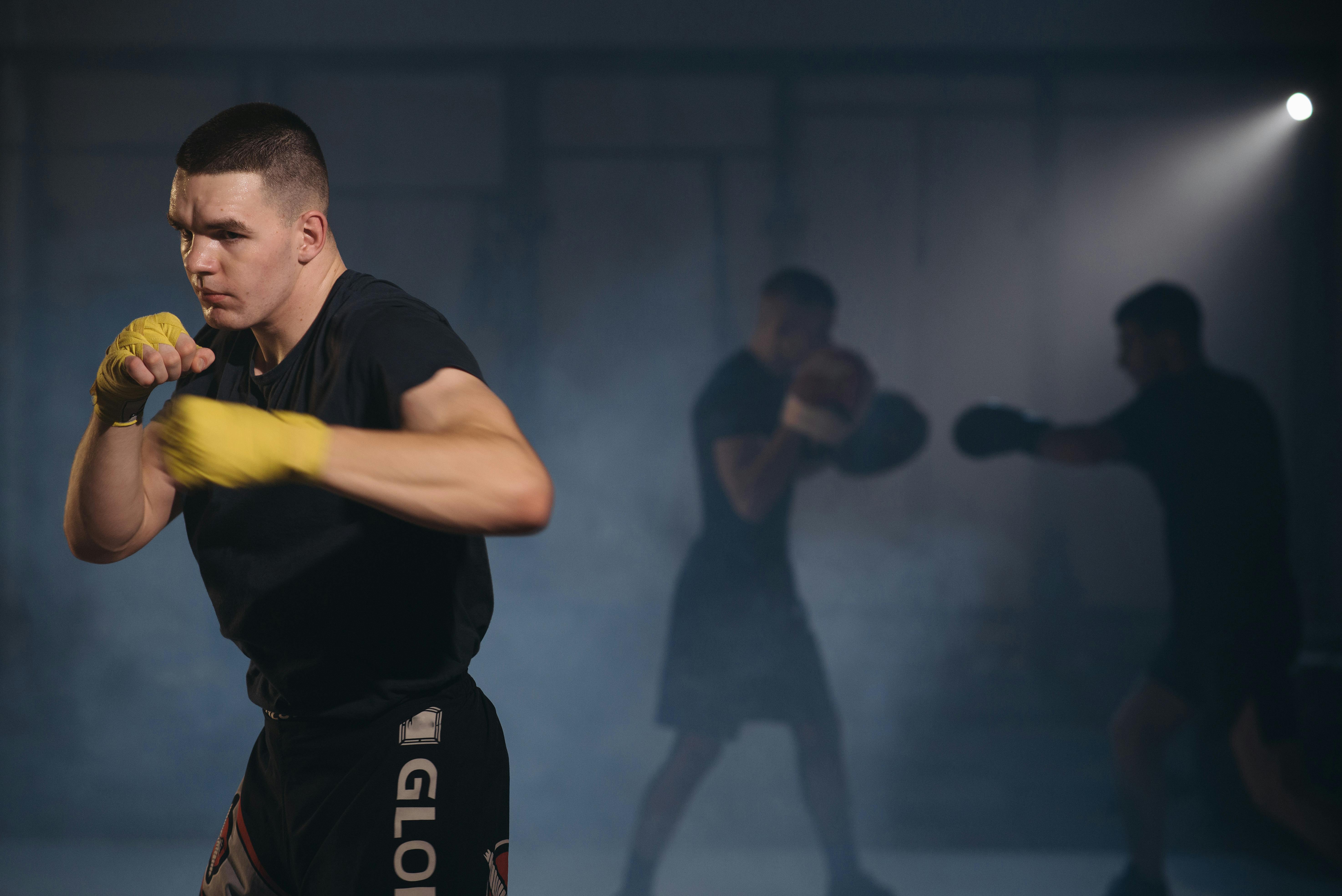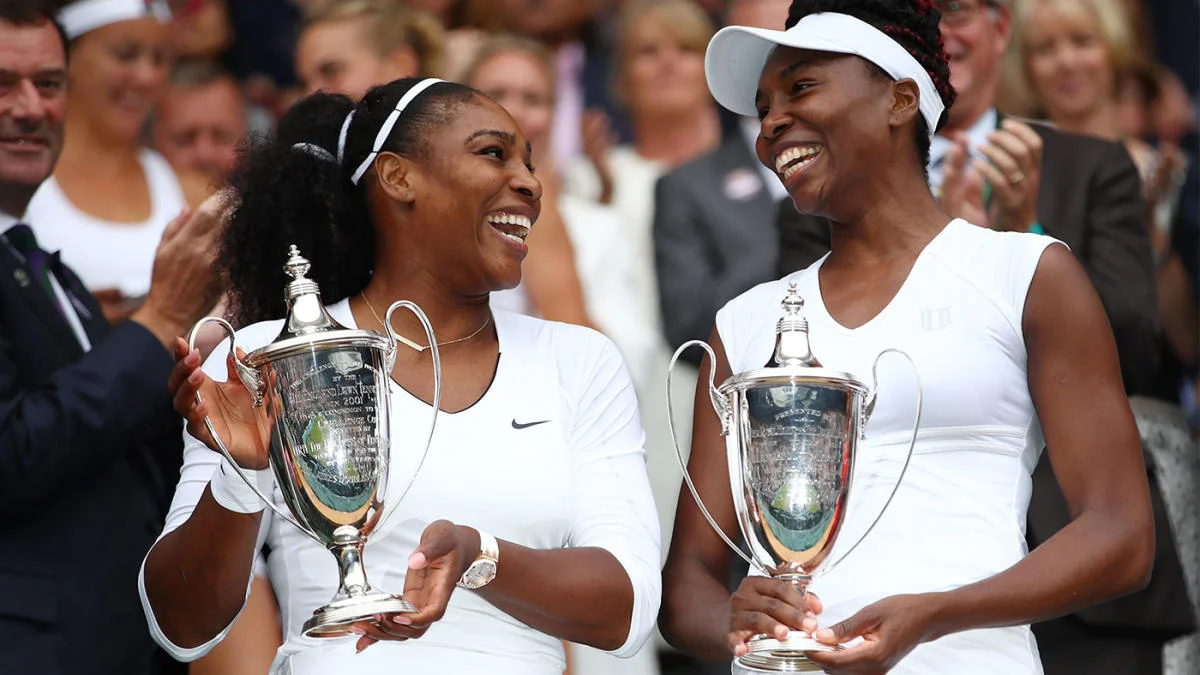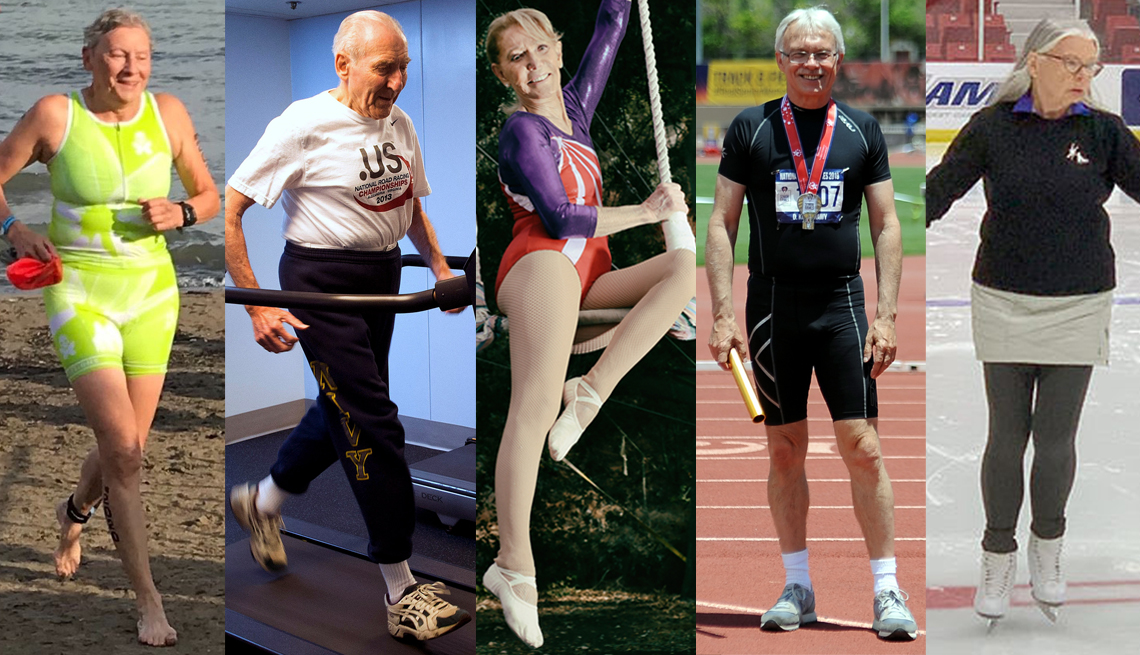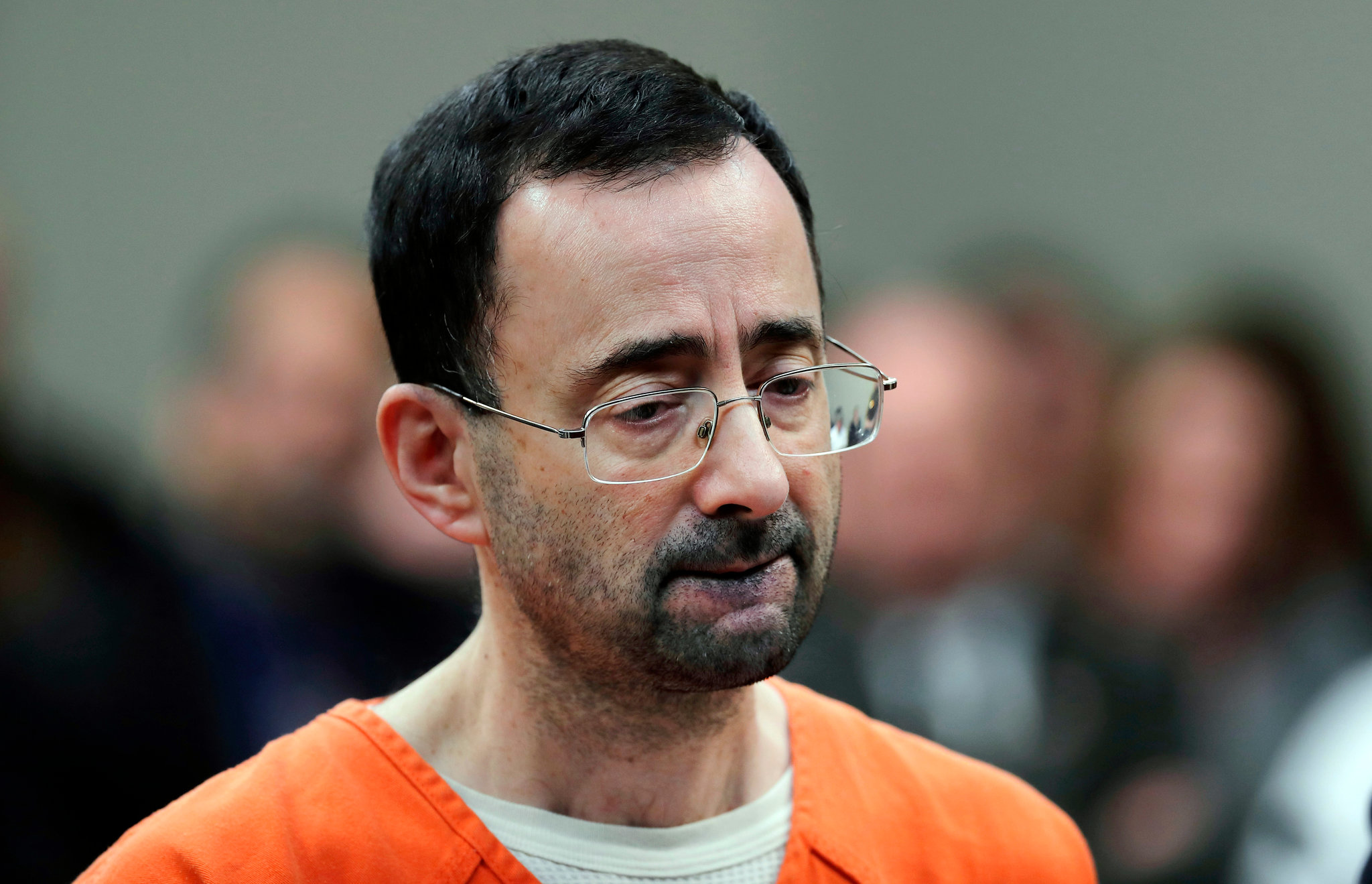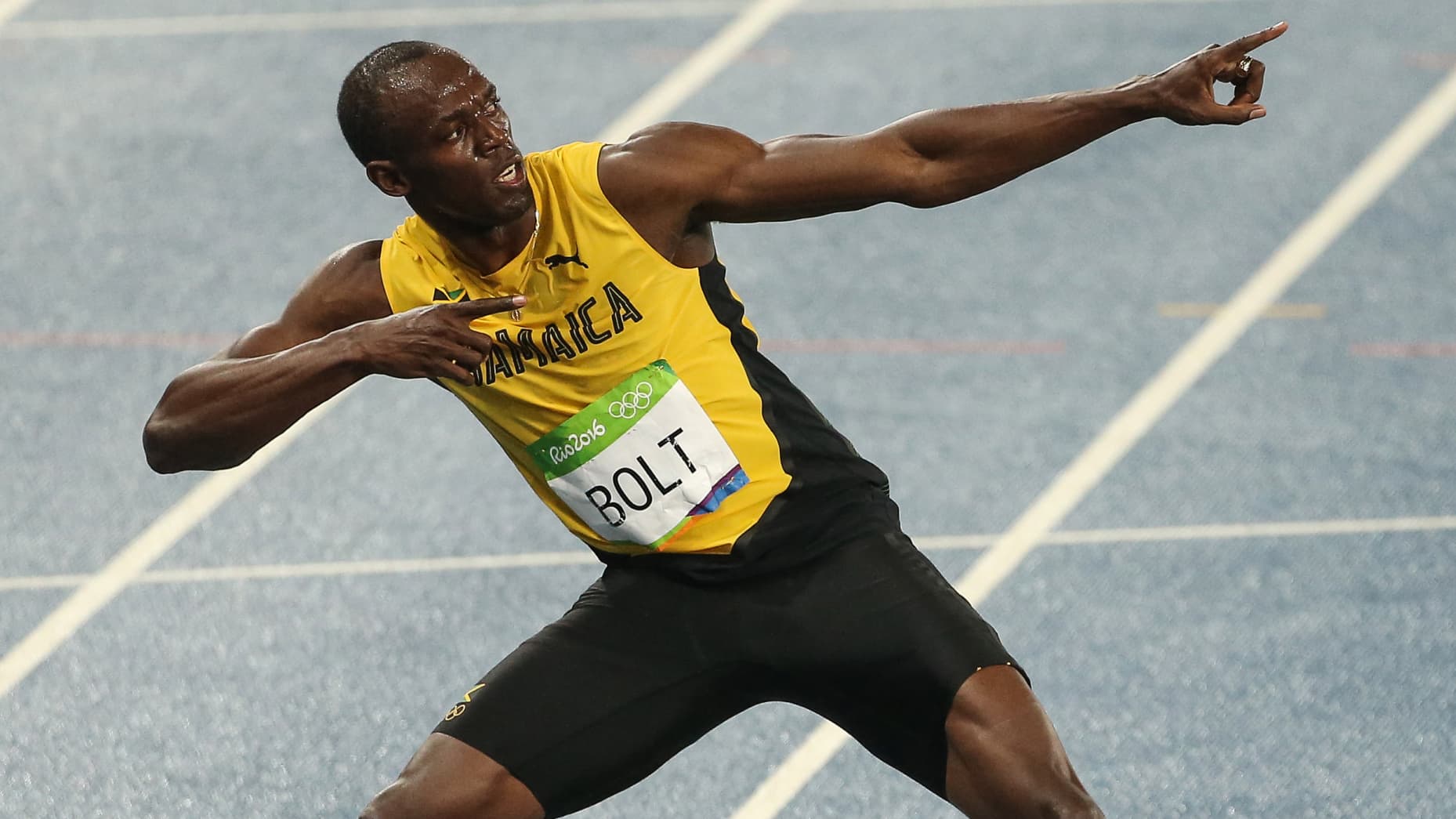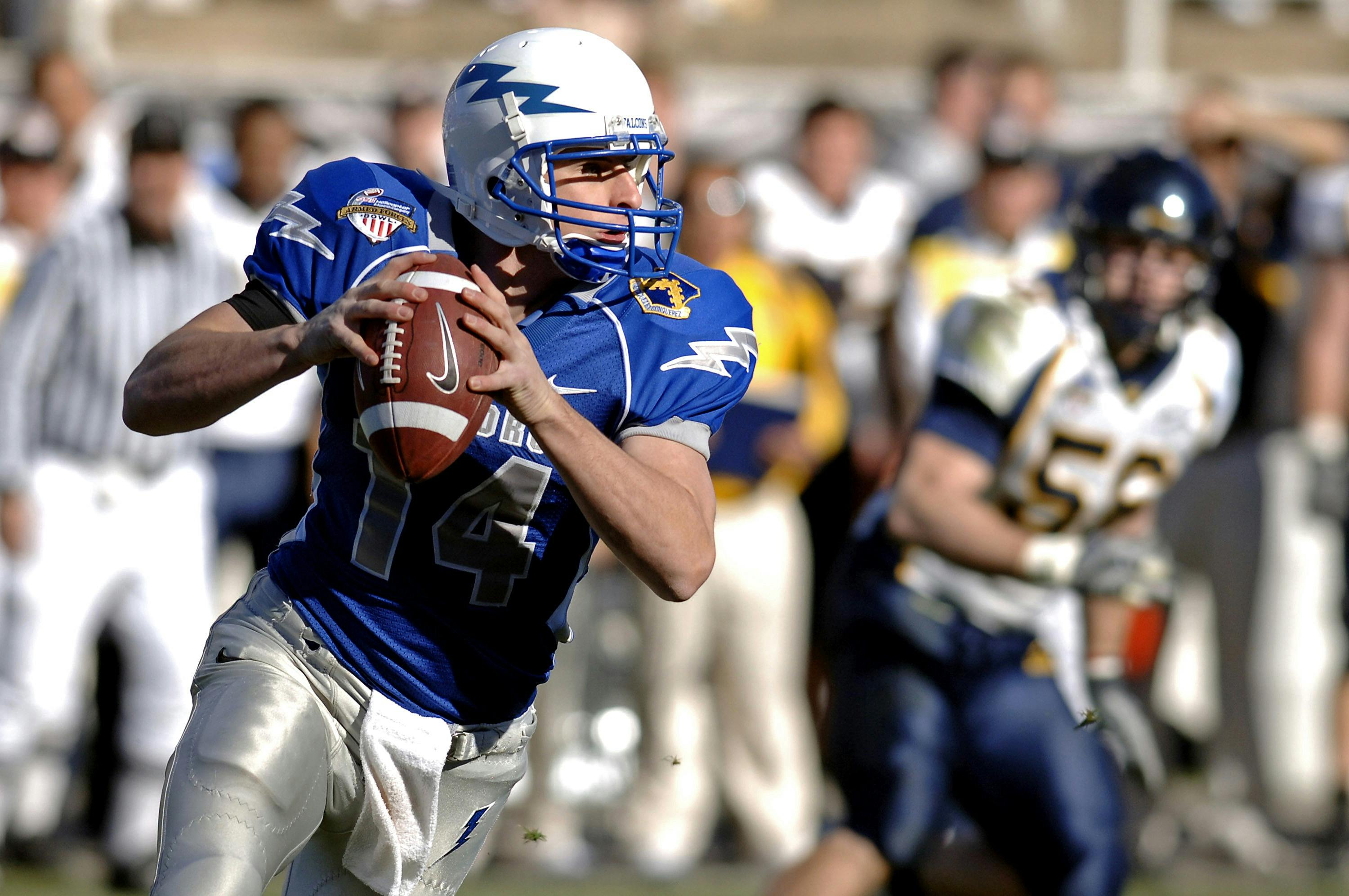Diving into the Crucial Interplay of Race and Racism in Shaping the Course of Sports History
The world of sports has long been a mirror reflecting the broader societal dynamics, including the crucial interplay of race and racism. This interplay has shaped the course of sports history in ways both subtle and profound, influencing not just the careers of individual athletes, but also the evolution of sports themselves.
Early Racial Barriers in Sports
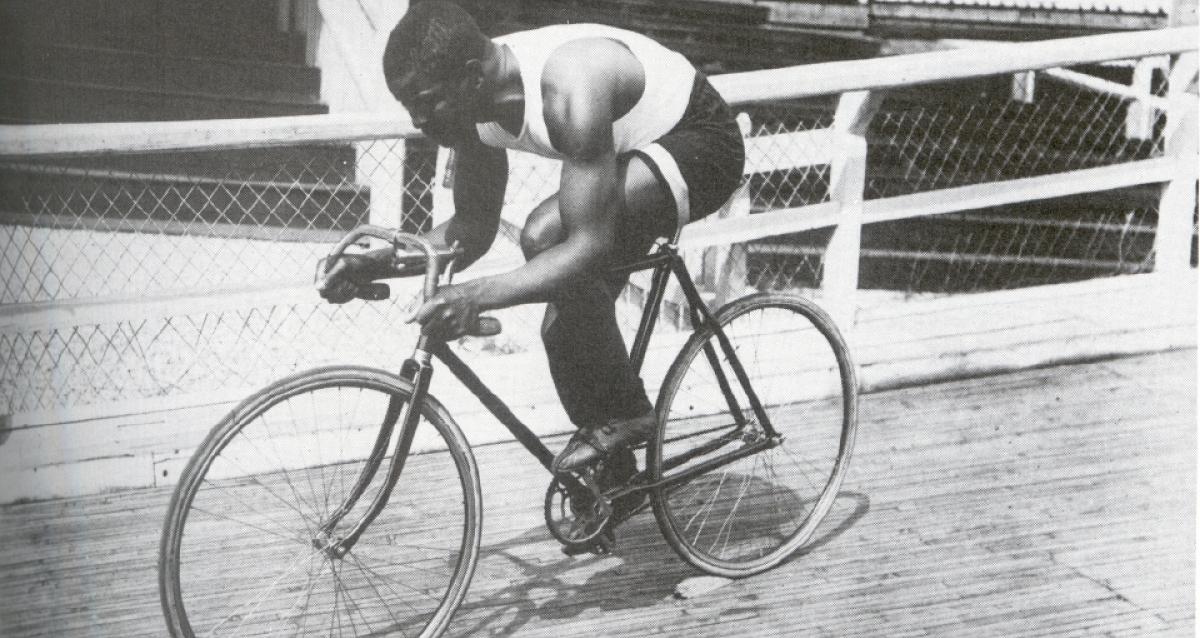
The story of Major Taylor, a black cyclist who dominated the sport in the late 19th century despite facing intense discrimination, is a stark example of this early racial barrier. His struggle, like many others, laid the groundwork for the fight against racism in sports.
The Role of Race in Boxing
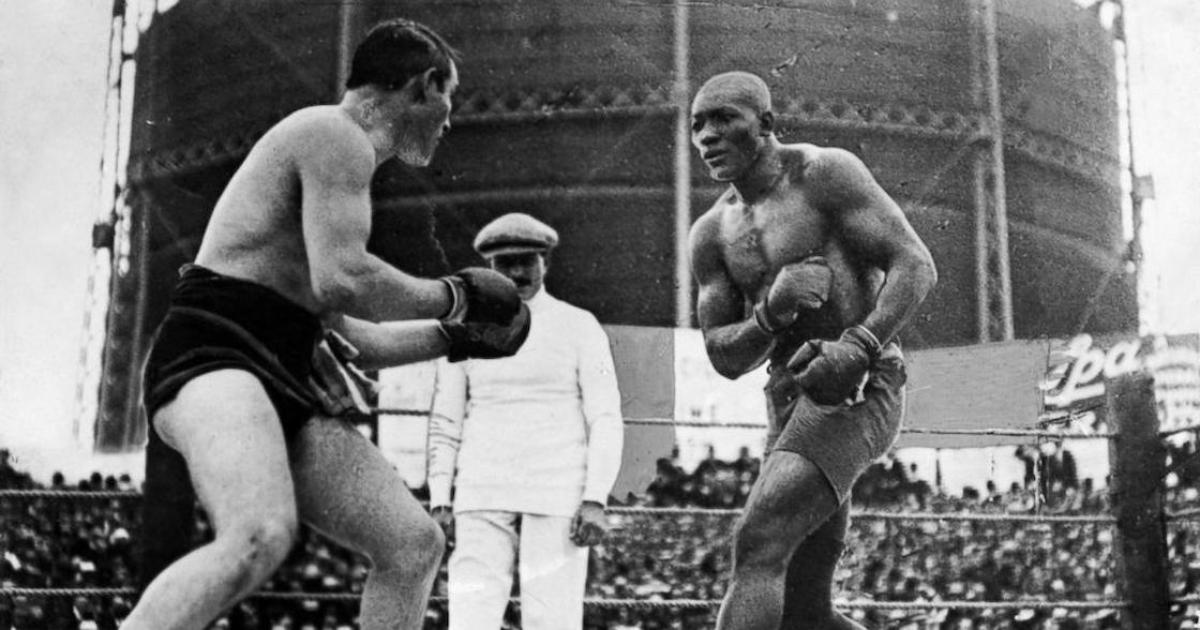
The infamous "Fight of the Century" between Jack Johnson and James J. Jeffries in 1910 is a classic example of this. The fight was framed as a battle for racial superiority, with Jeffries cast as the "Great White Hope" against Johnson. This racial dynamic has continued to shape boxing in the years since.
The Integration of Baseball
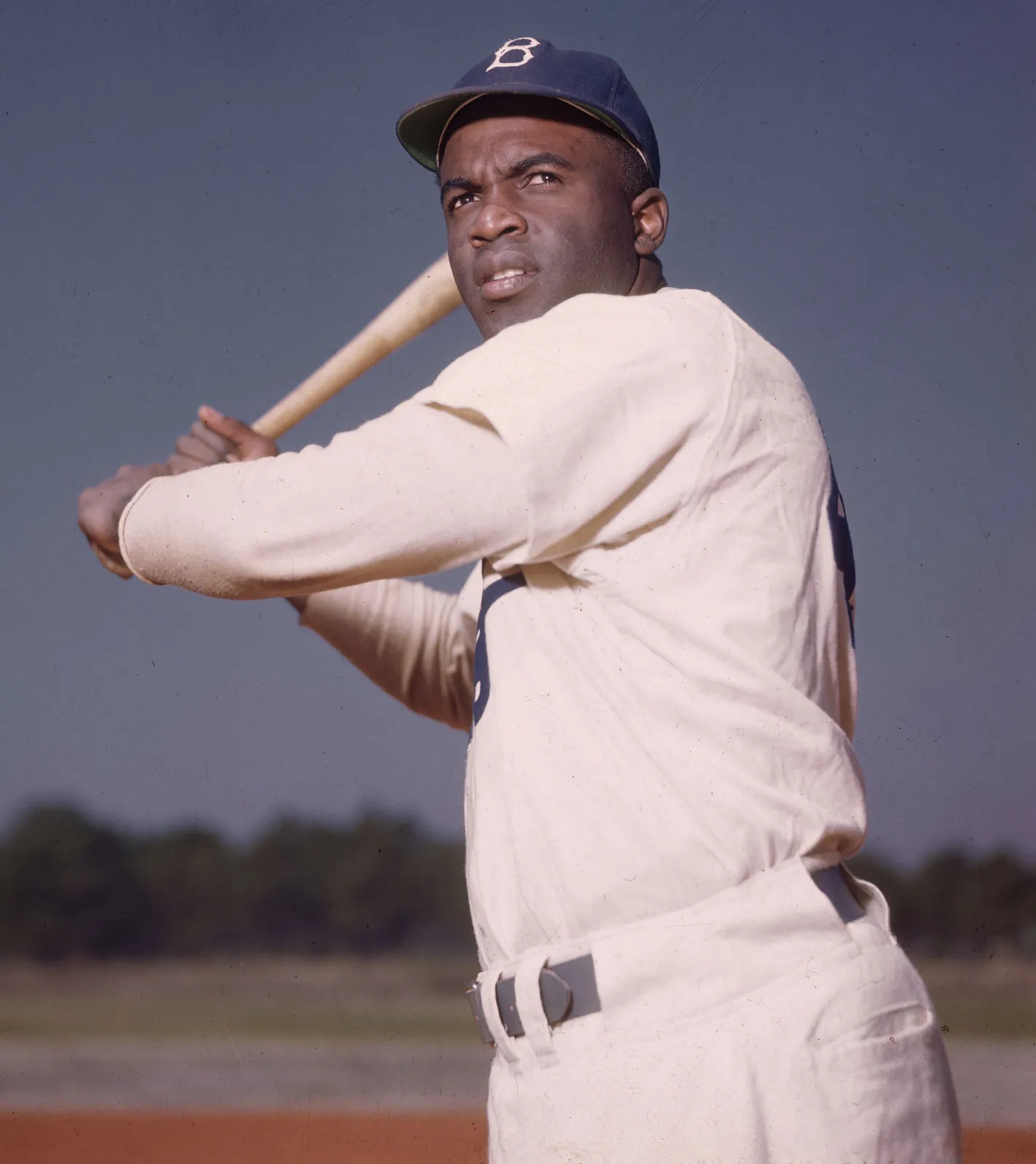
The story of Jackie Robinson, who broke the color barrier in Major League Baseball in 1947, is a significant milestone in the interplay of race and sports. His integration into the sport was met with intense resistance, but it also paved the way for other black athletes to follow.
The Civil Rights Movement and Sports
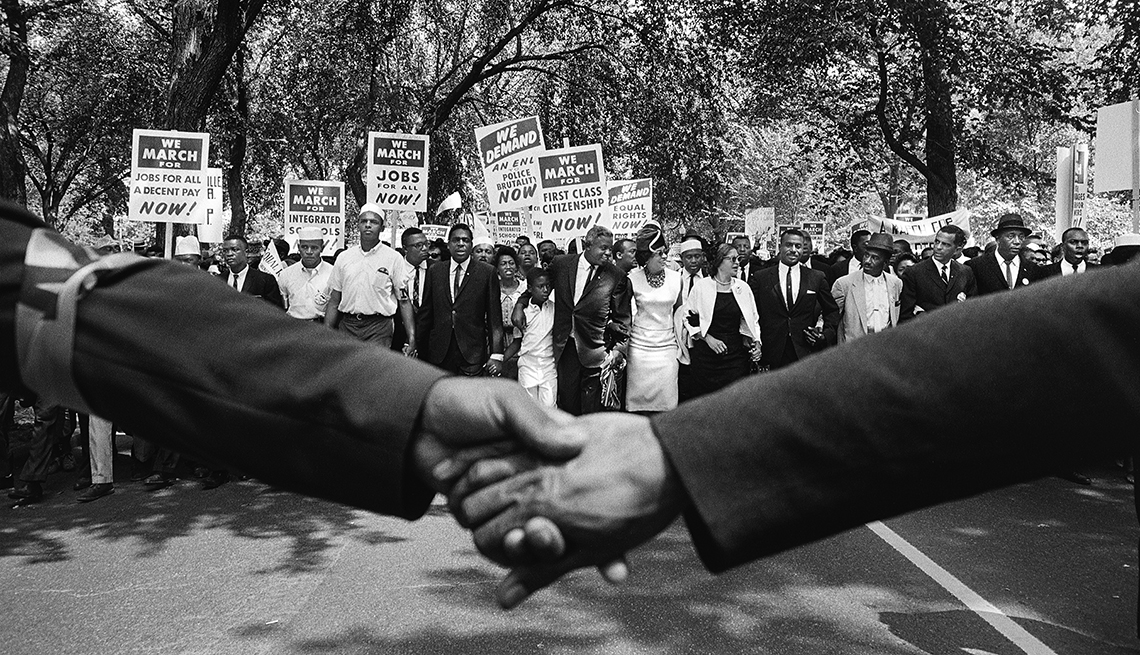
The Civil Rights Movement of the 1950s and 1960s had a profound impact on sports. Athletes like Muhammad Ali, Bill Russell, and Jim Brown used their platforms to advocate for civil rights, challenging the status quo and pushing for racial equality.
The Olympics and Racial Politics
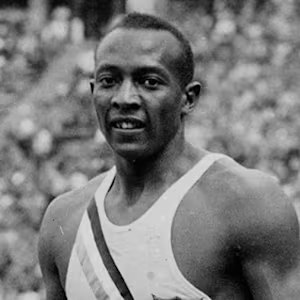
The 1936 Berlin Olympics, held under Nazi rule, was a stark example of this, with Jesse Owens' victories serving as a powerful rebuttal to Hitler's Aryan supremacy ideology. In the 1968 Mexico City Olympics, Tommie Smith and John Carlos' Black Power salute on the podium was a powerful statement against racial discrimination.
The Impact of Apartheid on Sports
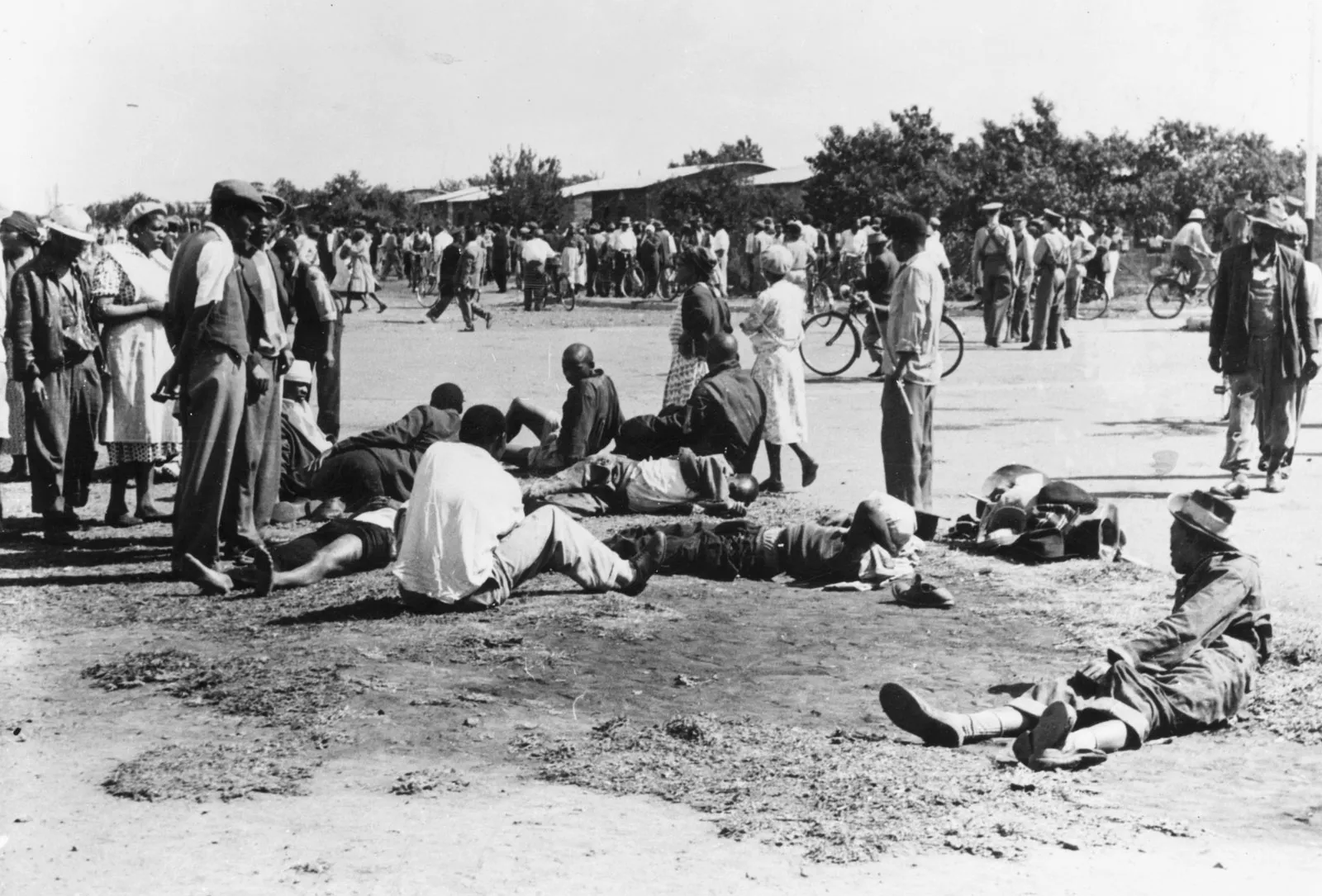
Apartheid in South Africa had a significant impact on sports, both within the country and internationally. The policy of racial segregation affected all aspects of sports, from participation to representation. Internationally, South Africa was isolated from global sports due to its racial policies, highlighting the role of sports in enforcing moral and ethical standards.
The NBA and Racial Dynamics
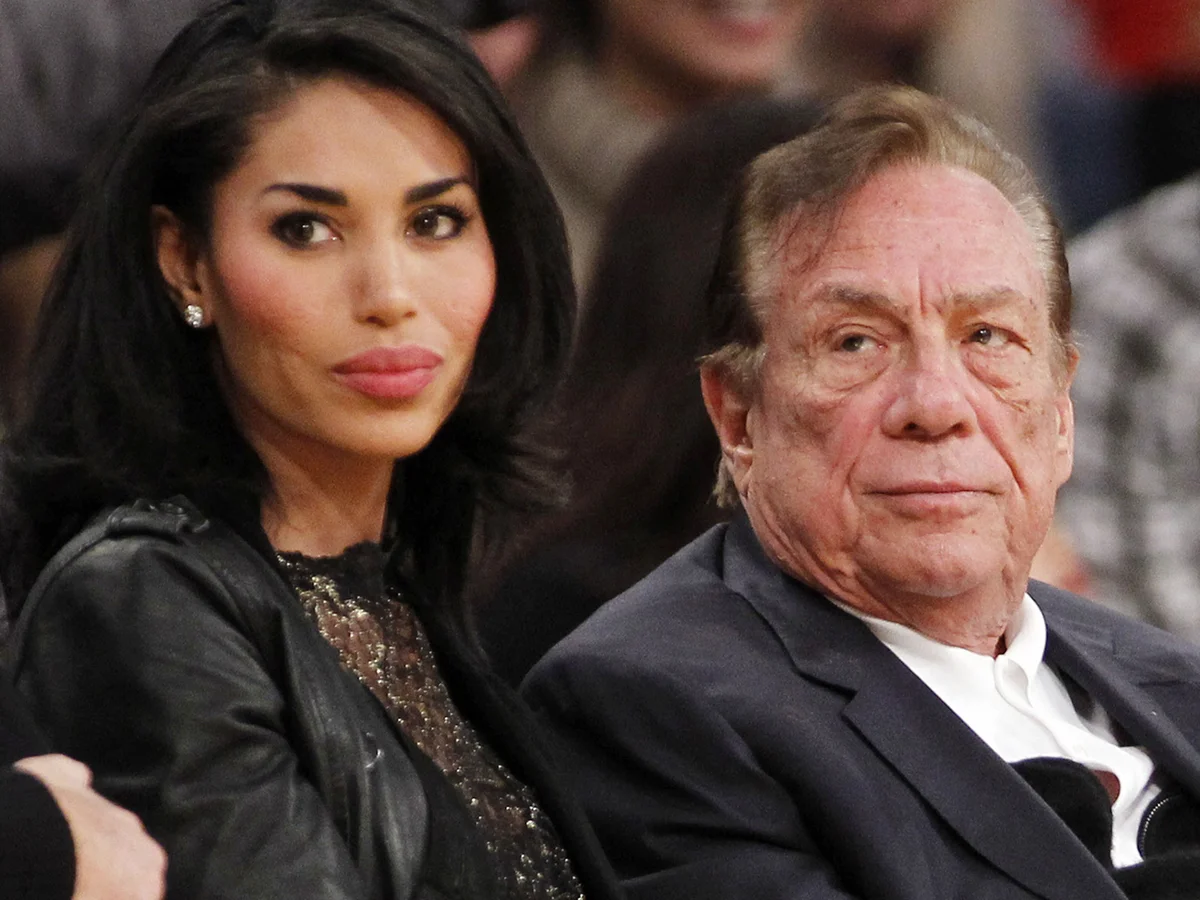
The NBA has been at the forefront of racial dynamics in sports, with a predominantly black player base and a predominantly white ownership and management. The Donald Sterling scandal in 2014, where the then-owner of the Los Angeles Clippers was banned for life for making racist comments, is a notable example of this dynamic.
The NFL and Racial Controversies
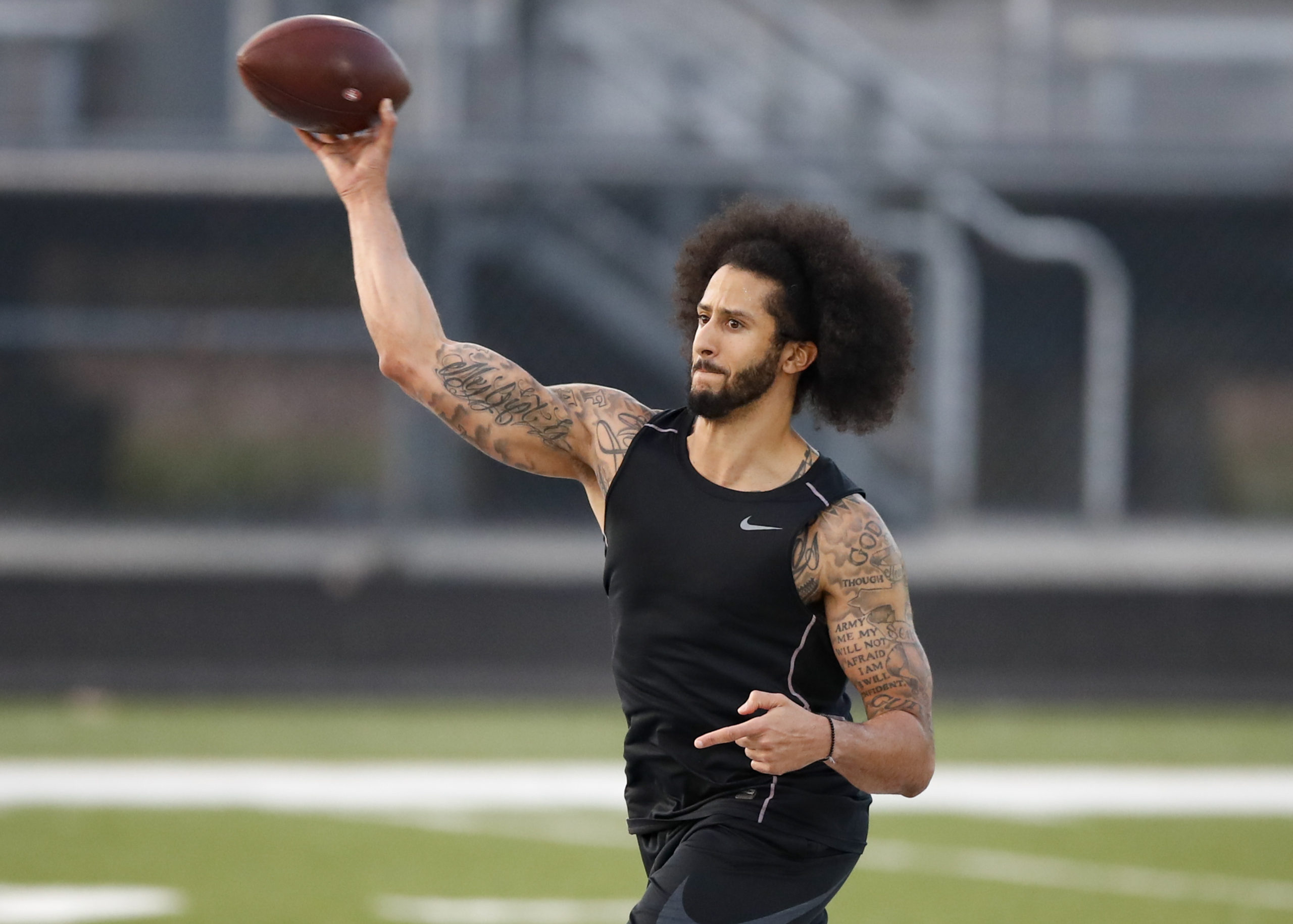
The NFL has had its share of racial controversies, most notably the Colin Kaepernick saga. Kaepernick's decision to kneel during the national anthem in protest of police brutality against black people sparked a nationwide debate on race, patriotism, and the role of athletes in social activism.
The Role of Media in Shaping Racial Narratives in Sports
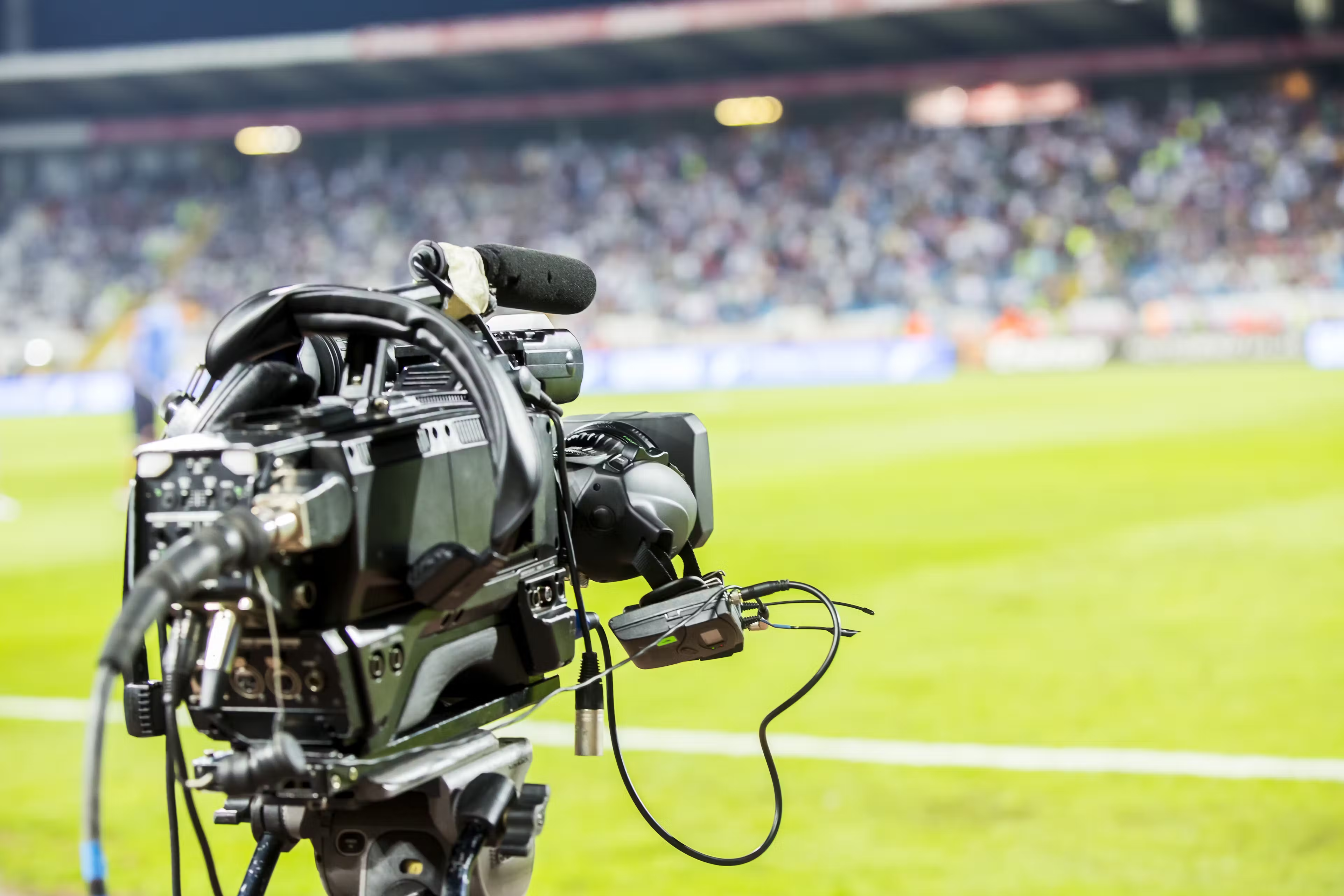
The media plays a significant role in shaping racial narratives in sports. Racial stereotypes are often perpetuated through sports coverage, with black athletes often portrayed as naturally talented but intellectually inferior, while white athletes are often portrayed as hardworking and intelligent.
The Representation of Race in Sports Video Games
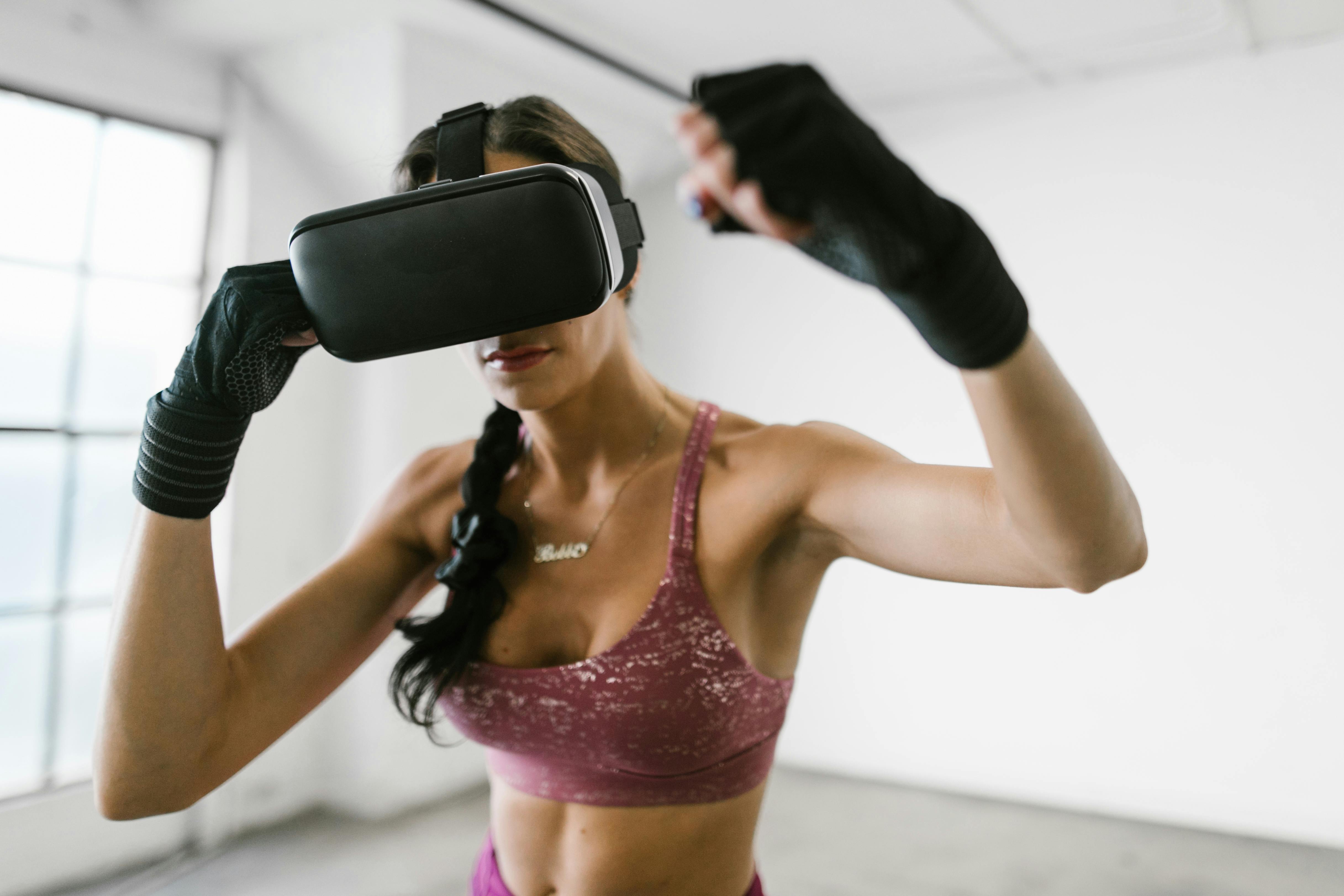
Sports video games, as a form of media, also contribute to the representation of race in sports. The portrayal of athletes in these games often reflects and reinforces racial stereotypes, contributing to the racial discourse in sports.
The Role of Race in Sports Marketing
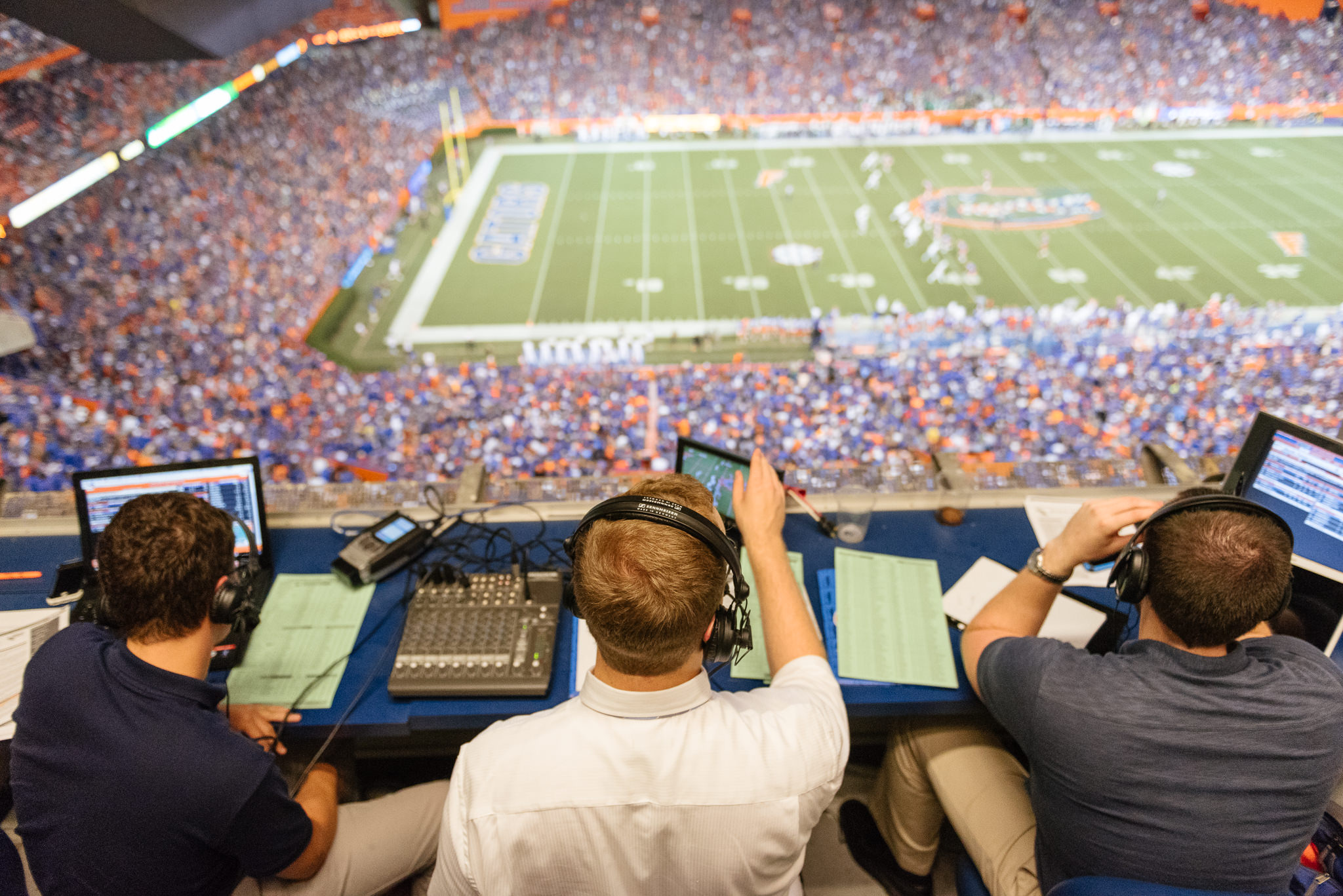
Race plays a significant role in sports marketing, with athletes of different races often marketed differently. The marketing of black athletes like Michael Jordan and Tiger Woods, who have transcended their sport to become global icons, has been a significant factor in shaping the racial discourse in sports.
Racial Inequality in Sports Administration
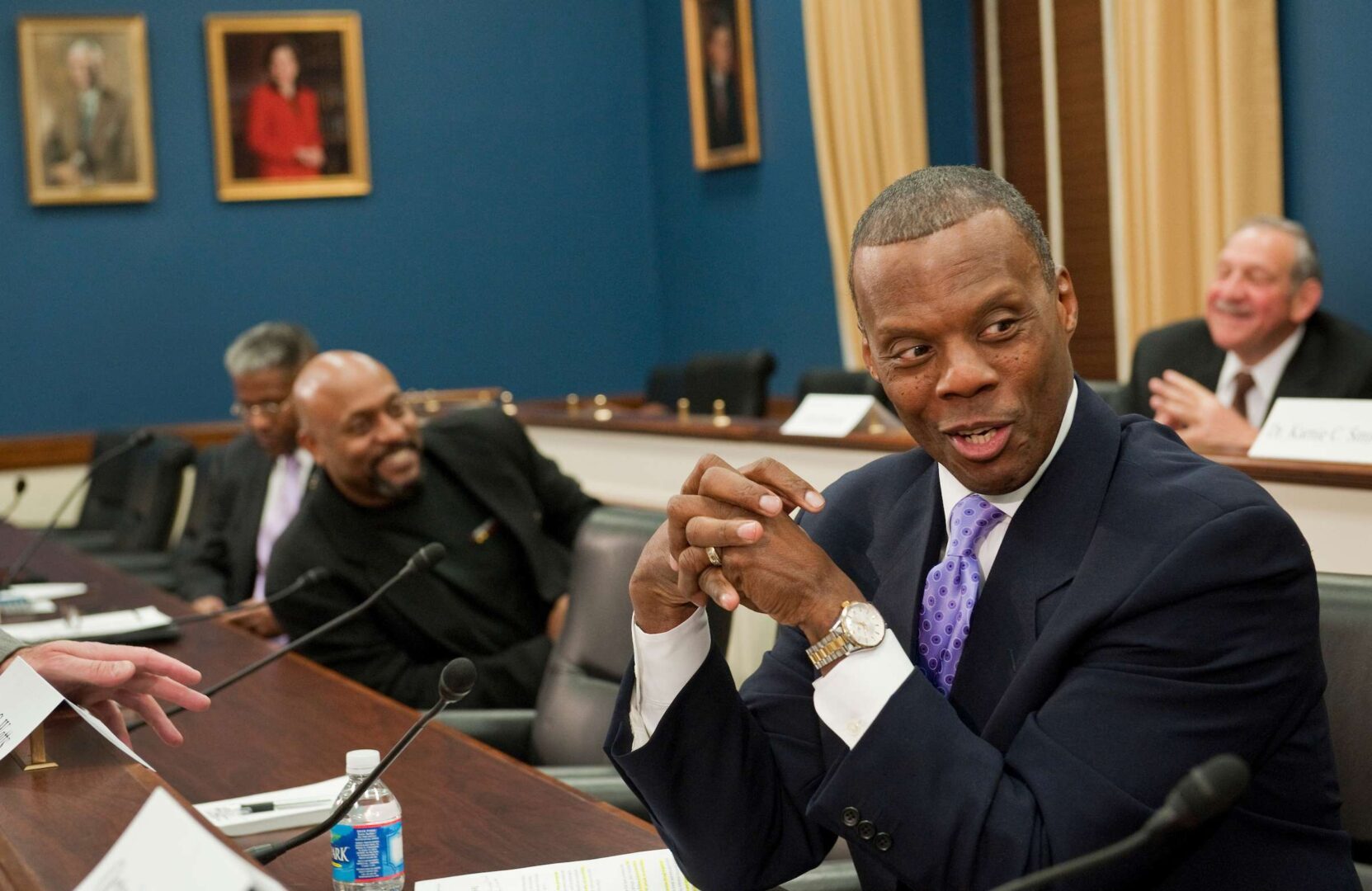
The lack of representation can perpetuate racial disparities in sports, influencing decisions on everything from hiring practices to disciplinary actions. The Rooney Rule in the NFL, which requires teams to interview minority candidates for head coaching and senior football operation jobs, is a notable attempt to address this inequality.
The Role of Race in Sports Psychology

Race also plays a role in sports psychology, influencing how athletes of different races are perceived and treated. Racial stereotypes can influence expectations and evaluations of athletes, affecting their performance and career progression. The concept of "stacking," where athletes of certain races are steered towards specific positions based on racial stereotypes, is a manifestation of this.
The Impact of Racism on Athletes' Mental Health
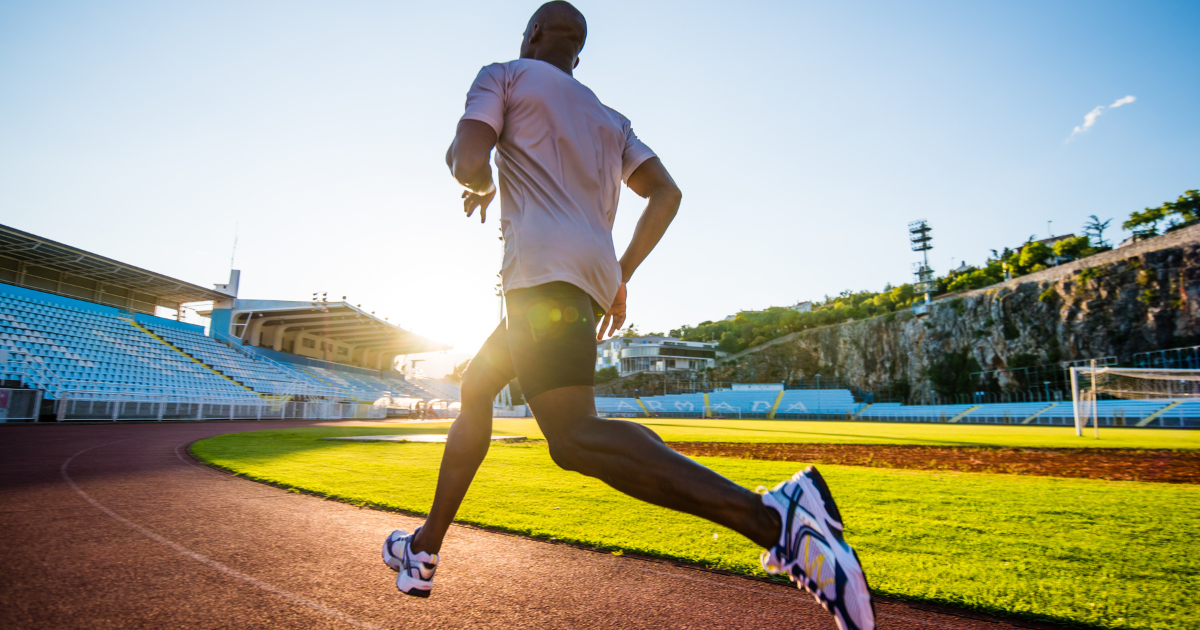
Racism has a significant impact on athletes' mental health, with experiences of racial discrimination contributing to stress, anxiety, and depression. This often overlooked aspect of the interplay of race and sports highlights the human cost of racism in sports. The mental health struggles of athletes like Serena Williams and LeBron James, who have spoken openly about their experiences with racism, underscore the importance of addressing this issue.
The Role of Race in Youth Sports
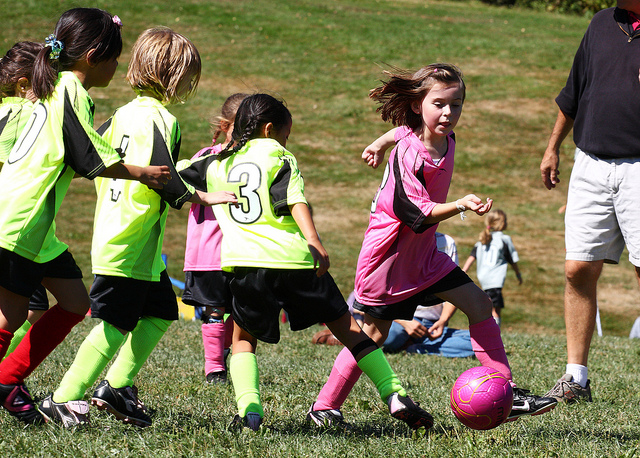
Race plays a significant role in youth sports, influencing participation rates, access to resources, and opportunities for advancement. Racial disparities in youth sports can have long-term impacts, shaping the racial dynamics in professional sports. The lack of diversity in sports like hockey and swimming, which are often inaccessible to marginalized communities due to high costs and lack of facilities, reflects these disparities.
The Role of Athletes in Challenging Racism

Athletes have often been at the forefront of challenging racism, using their platform to speak out against racial injustice. From Muhammad Ali's activism in the 1960s to Colin Kaepernick's protests in recent years, athletes have played a significant role in shaping the racial discourse in sports and society. Their activism underscores the potential of sports as a vehicle for social change.
The Future of Race and Sports
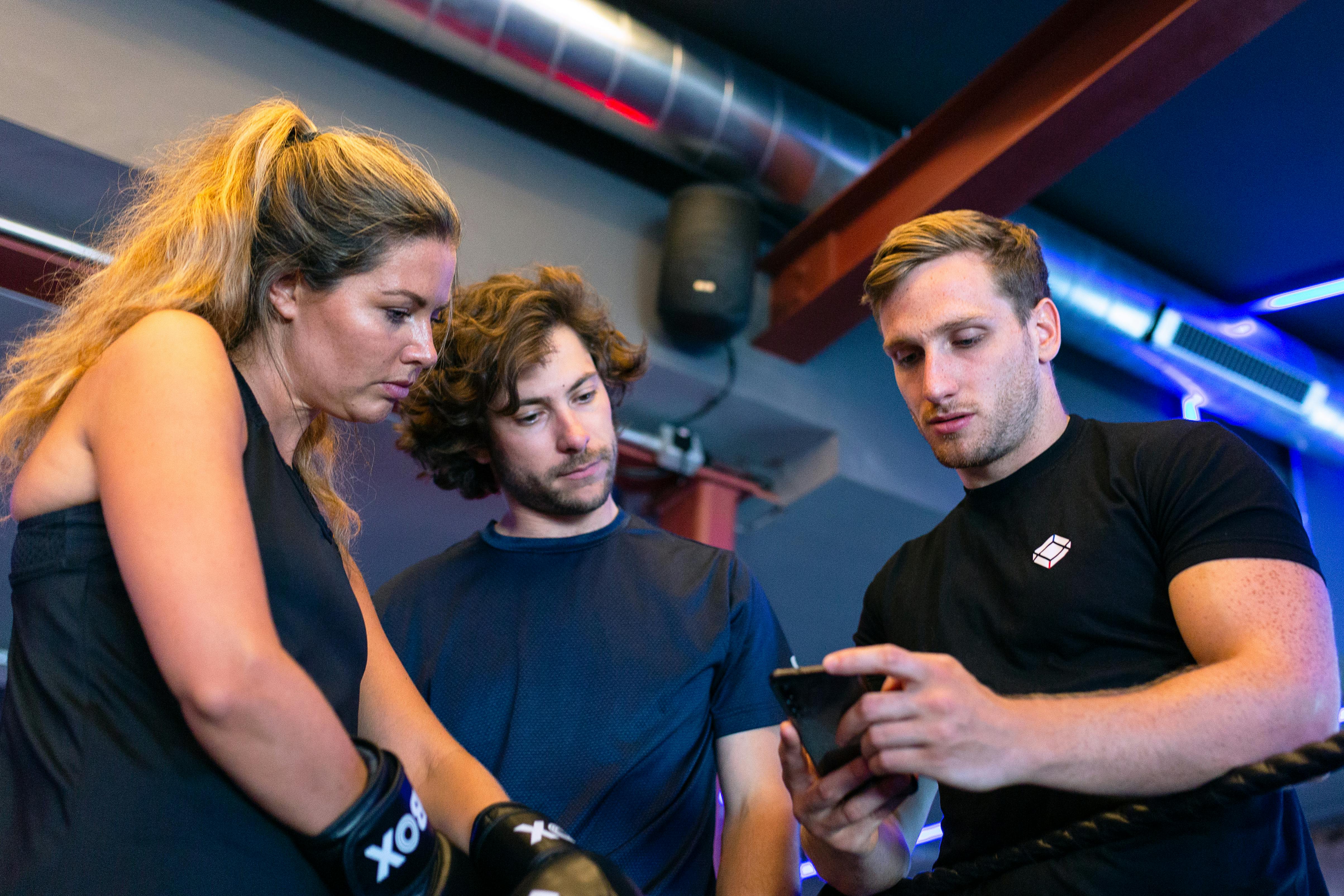
The future of race and sports is uncertain, with ongoing racial disparities and controversies. However, there is also a growing awareness and commitment to addressing these issues, both within the sports industry and society. The increasing diversity in sports, the rise of athlete activism, and the evolving conversation on race and racism suggest a potential for positive change.

